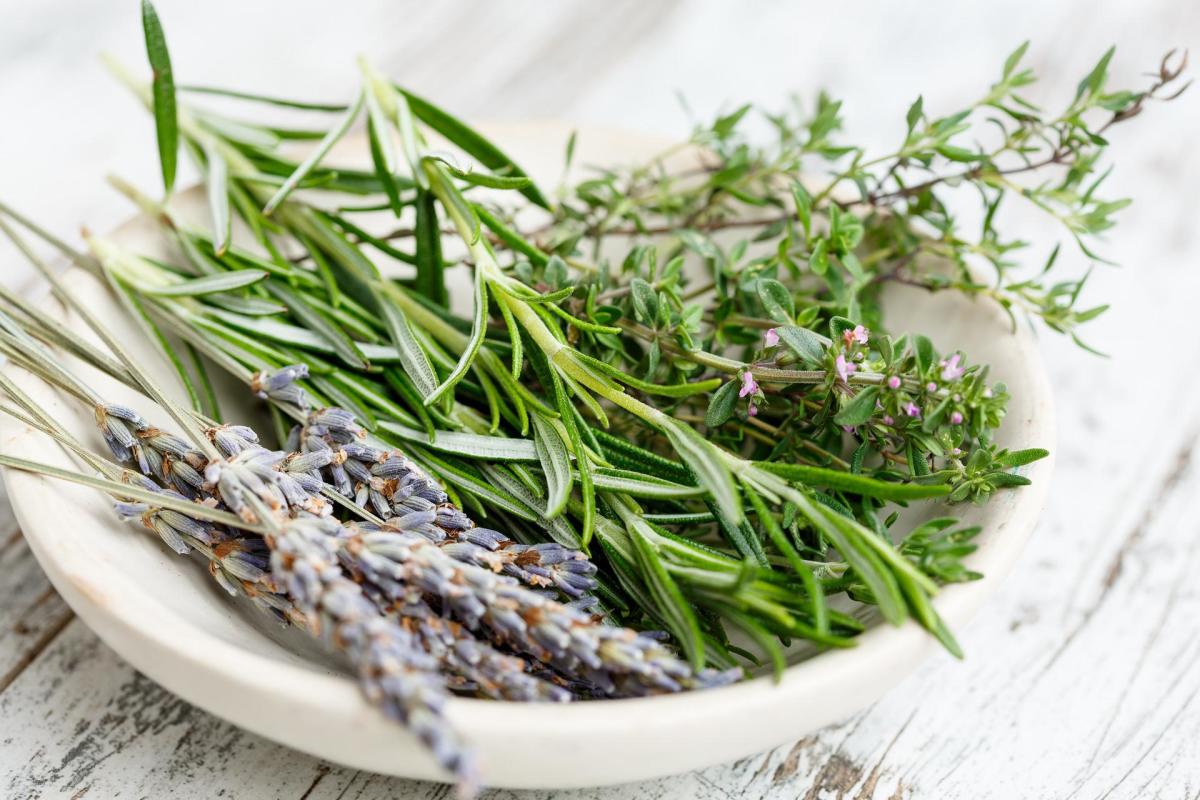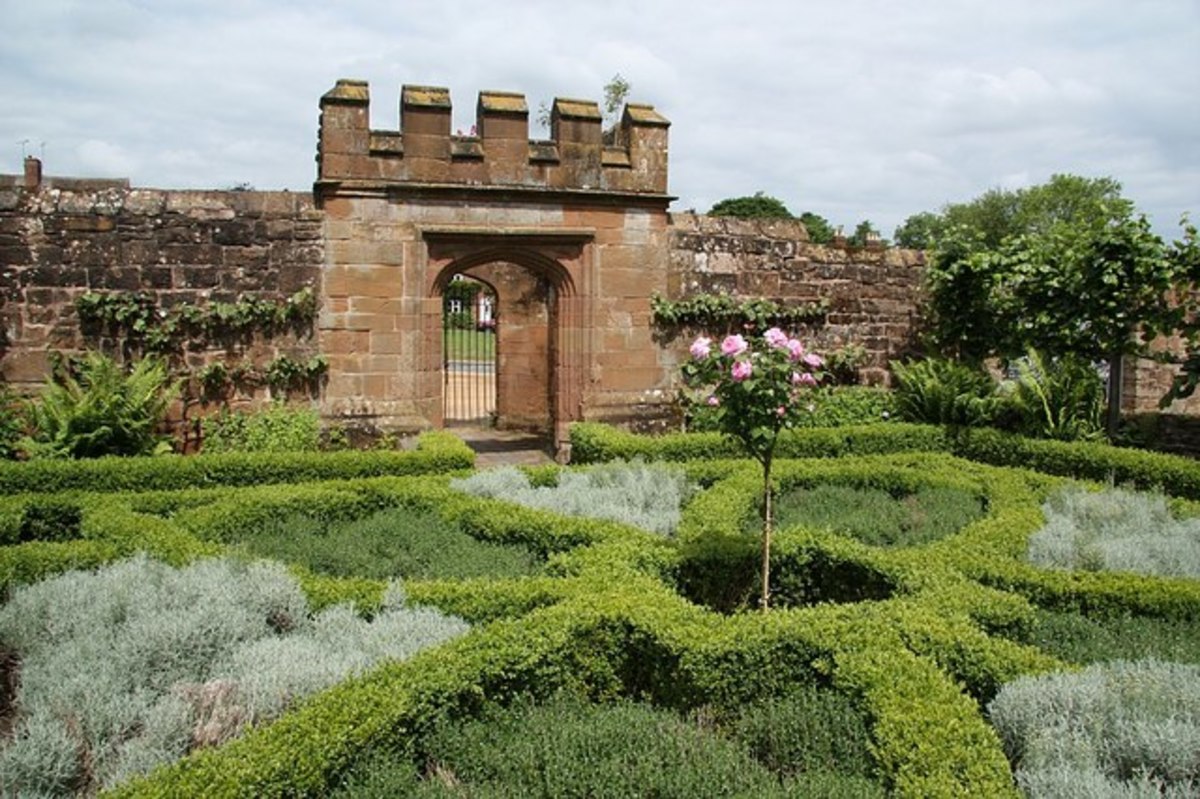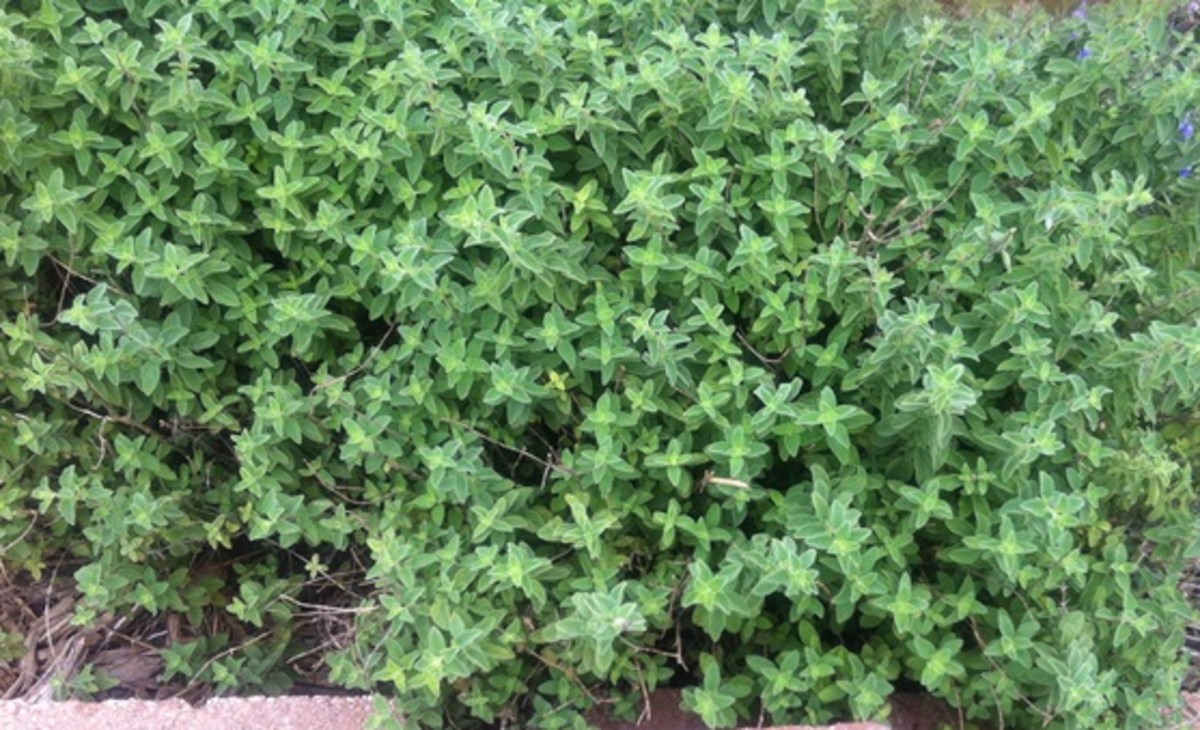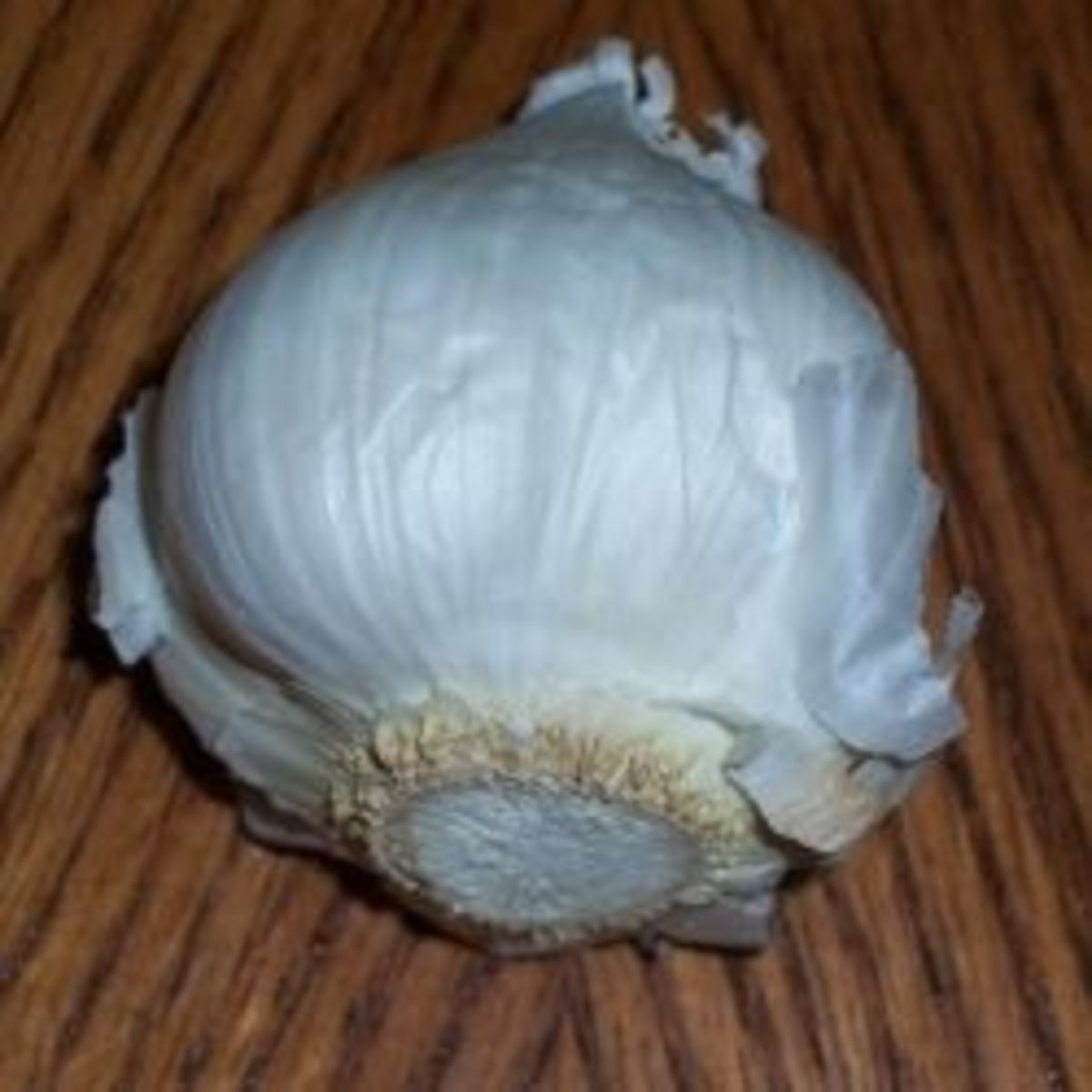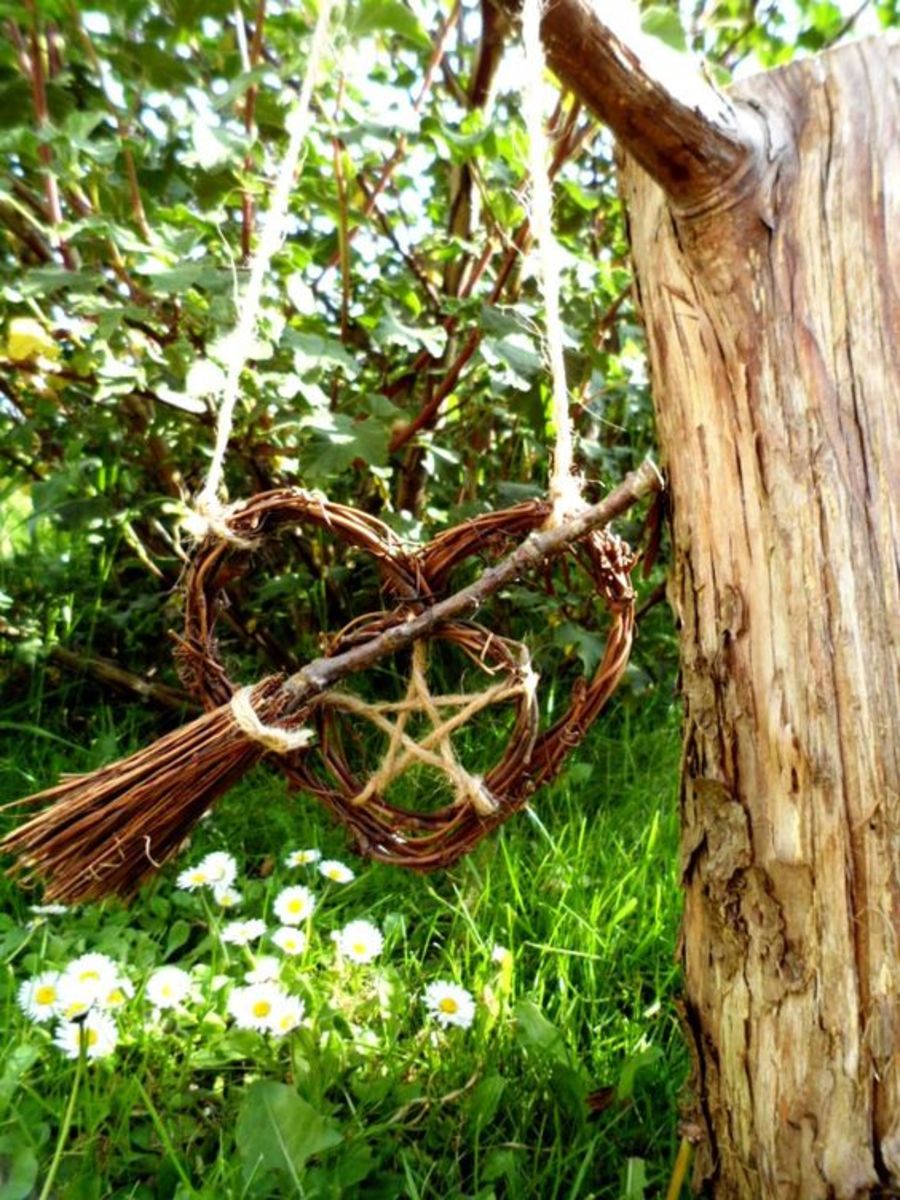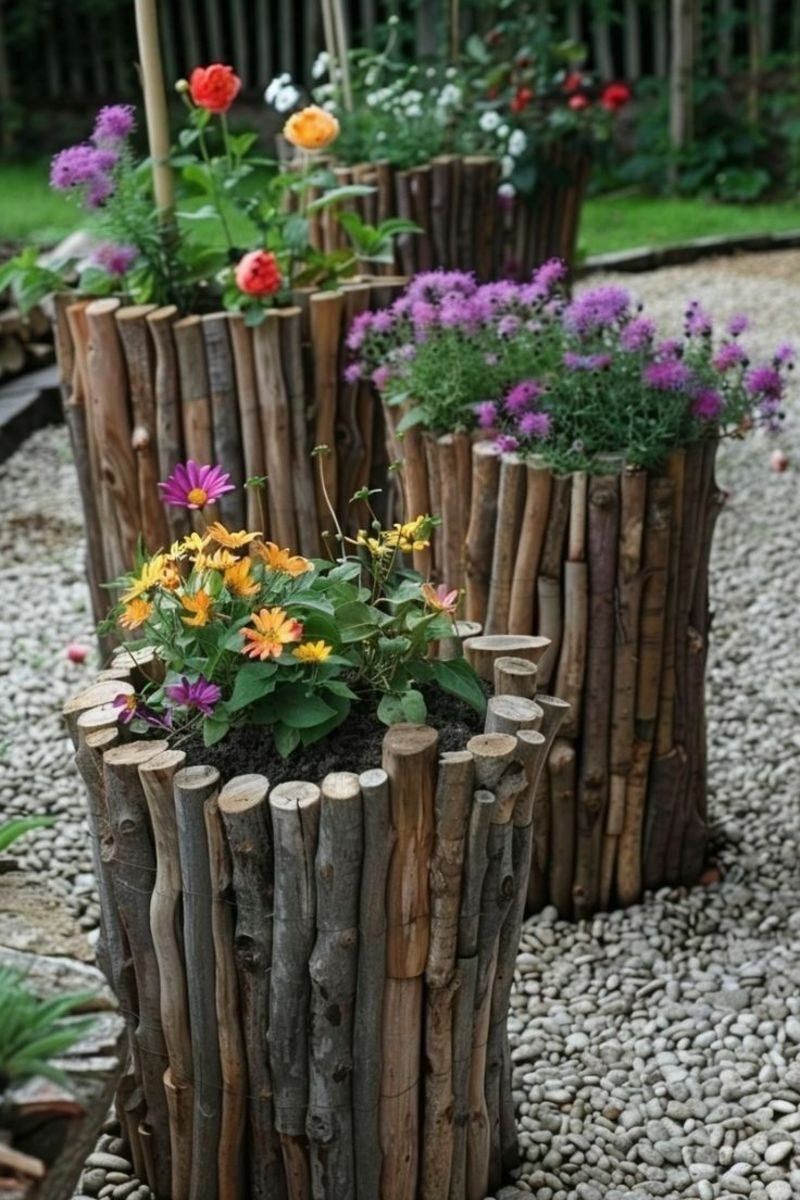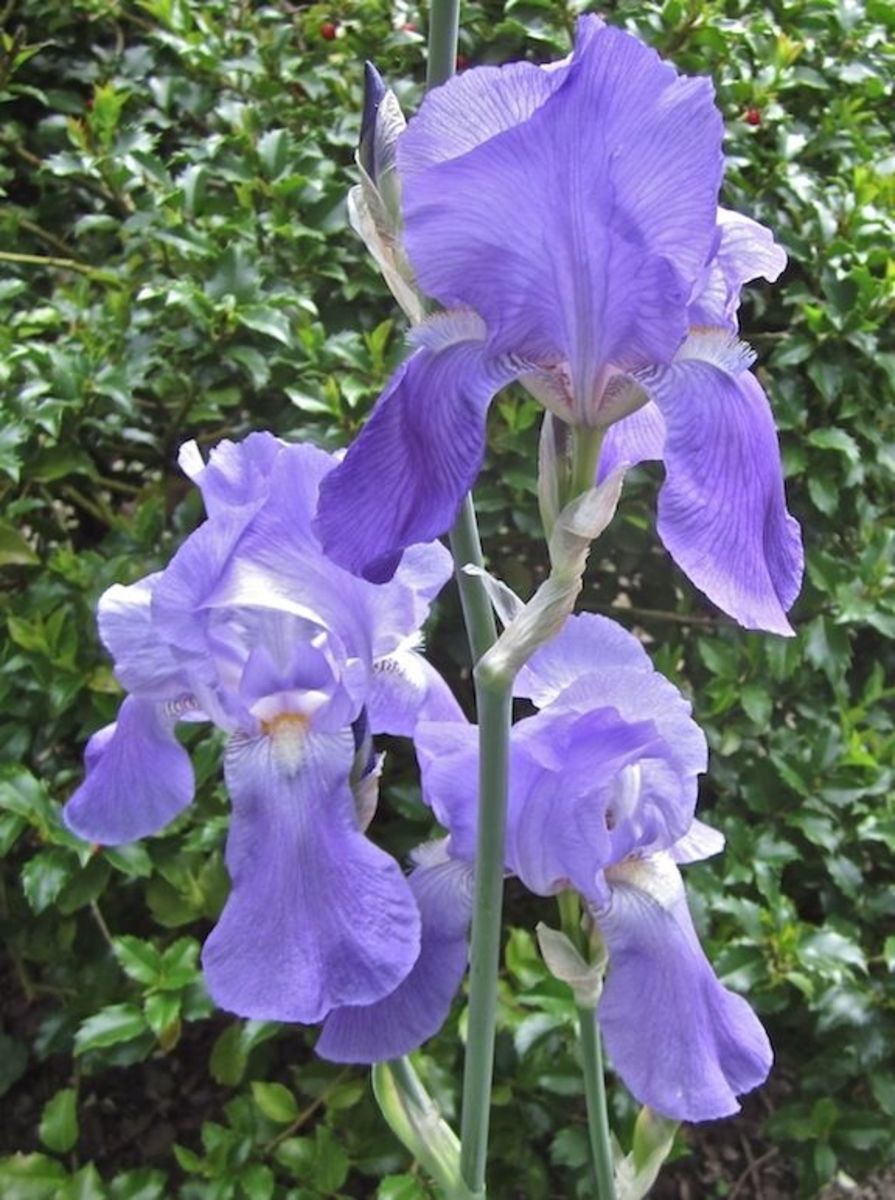Create an Herb Garden
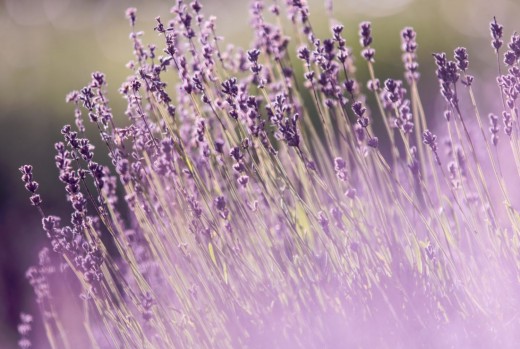
Herb Gardens
Herb gardening is a pleasant and rewarding way to garden. Hardly any effort is needed because you need scarcely any space. The herbs grow without much care. You can start with just a few plants, like rosemary and basil, and soon you'll have more than enough for your kitchen.
Different Kinds of Herb Gardens
You need to determine the type of herb garden you want to grow. The different kinds of gardens are determined by what people like in their backyards. Herbs grow like weeds, and establishing the type of garden that suits you will keep you from being overwhelmed and is the beginning of having an herb garden you'll cherish.
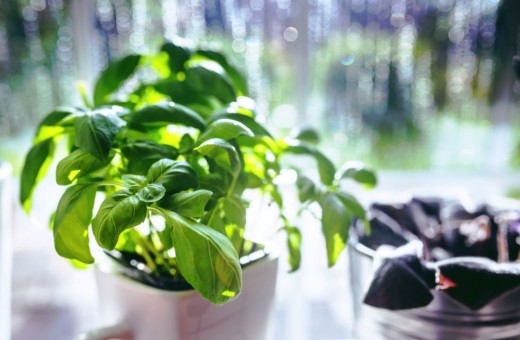
Indoor Herb Garden
If you want fresh herbs within reach or live in an apartment or small house, an indoor garden is a perfect choice.
You can turn a lonely windowsill into a sunny little garden with a collection of pots, keeping yourself abounding with teas, seasonings, and potpourri ingredients year-round.
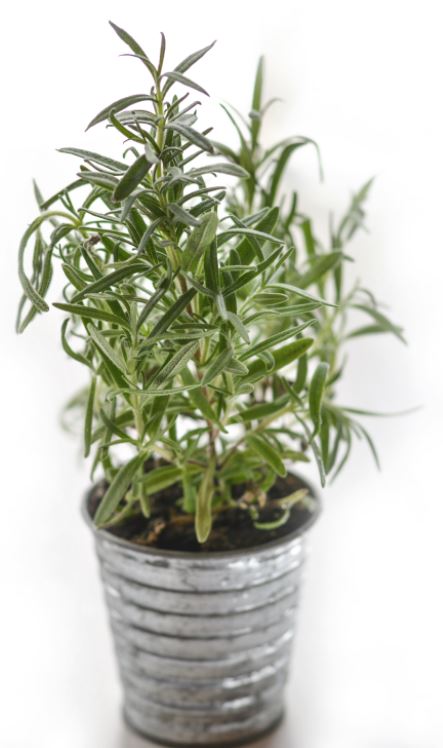
Container Gardens
You can create a container garden for both indoor and outdoor spaces. It just depends on where you want your garden to be. Growing herbs in containers allows you to control the size and amount of each herb, as well as where you place them.
It’s better than having a yard full of mint when you can have a decorative container of mint that matches your porch or patio. Mint, by the way, wards off insects like mosquitoes. Having a box of mint near your front or back door is not only beautiful but also practical.
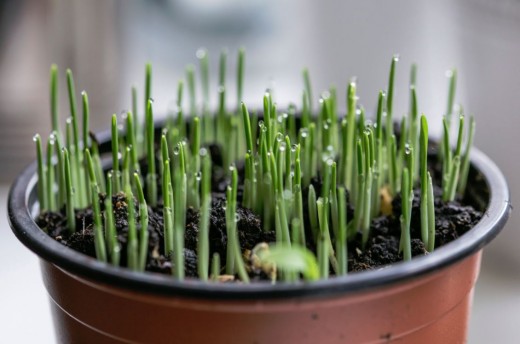
Herbs in the Yard
There are good reasons to grow herbs outdoors in your yard. You save money by not purchasing them in the store. Your spices are fresher, add beauty to your yard, and benefit the outdoor environment. The environment benefits because some herbs ward off unwanted insects or animals, such as flies and cats.
Where do you grow your herbs?
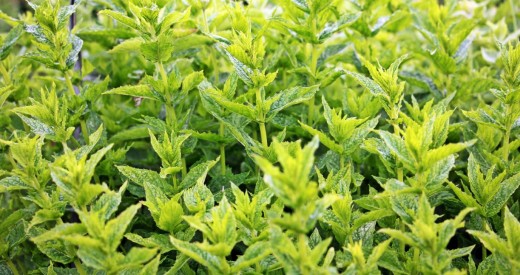
Best Variety of Herbs to Grow
Most herbs grow without any problems as annuals, biennials, or perennials. Each plant is distinct, adding flavor and beauty as it grows. Some are for cooking, health, or both. Some grow herbs for their aroma or scent, known as aromatic herbs, which add pleasant scents to perfumes, oils, and toiletries. A few common ones are mint and lavender. Some gardeners like to grow herbs for culinary purposes. Basil, Dill, and chives are popular and keep food tasting good.
Ornamental Plants
Another fun way to grow herbs is for ornamental purposes. A dried or fresh herbal arrangement adds beauty to the home by arranging the herbs in a vase or tying them with a string. You can plant them outdoors around flowers. Mint and lavender help the yard look more appealing from the curb.
Medicinal Herbs
During ancient times, herbs were used as medicine because the ancients believed they had the power to heal many ailments, which they did. They also think that herbs could ward off evil spirits, evil thoughts, bad luck, and so forth.
Today, growers use many herbs for medicinal purposes to heal successfully. Oregano oil has been proven to be a natural antibacterial agent, warding off cold and flu symptoms. When taken as a homeopathic tablet, Arnica helps the body heal, reduces bruising, and provides relief from swelling. Peppermint helps relieve congestion, and chamomile soothes the stomach.
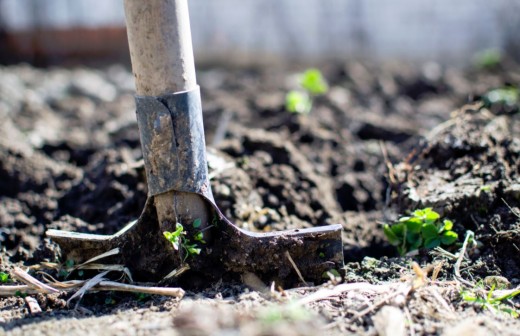
Start Planting Your Herb Garden
As mentioned before, many benefits come from creating herb gardens, both inside and outside. Because herbs can take up very little space, you can start a garden anywhere. Select your favorite herbs for the first year, and each year, you can add a new herb to your garden.
Most herbs thrive in fertile, well-drained soil and prefer a neutral pH of 6.5 to 7.0. Most of the seeds are delicate and tiny. When you plant them, lay them on the ground without covering them completely. Sprinkle them lightly with soil, keeping the surface moist.
When you plant them, lay them on the soil without covering them thoroughly, then sprinkle lightly with soil and keep the surface moist. You will need to thin the seedlings so they have room to grow once they start rooting. Before you know it, you will have a thriving herb garden.
© 2017 Kenna McHugh

